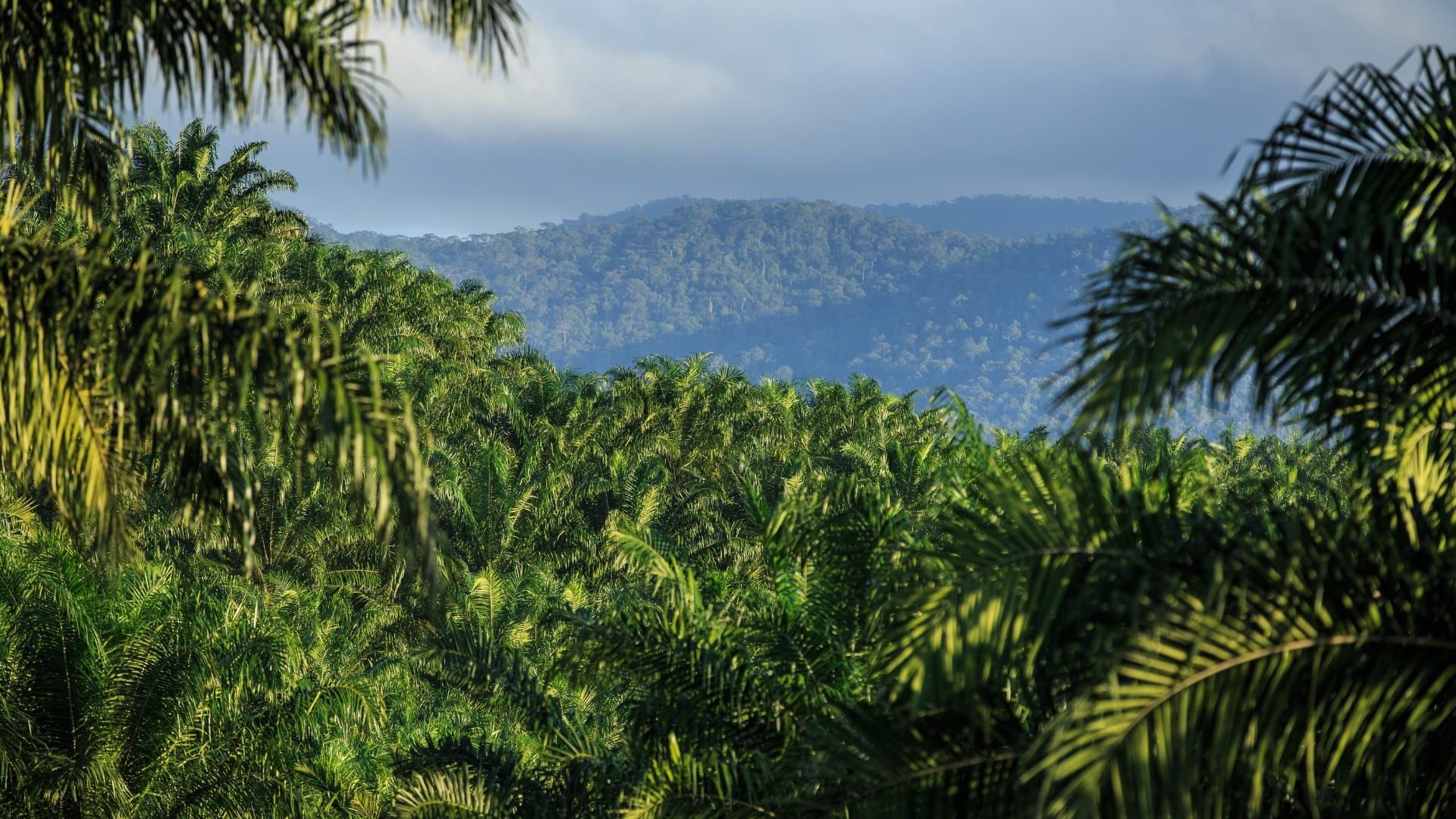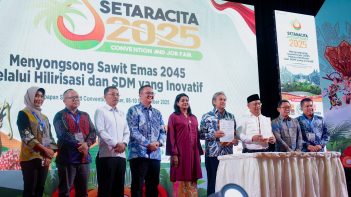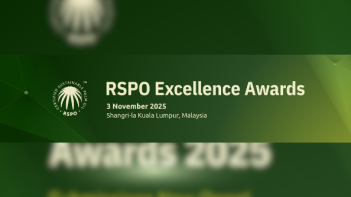RSPO Biodiversity and High Conservation Values Working Group (BHCVWG) has, in its 34th meeting, endorsed the RSPO Guide on Management and Restoration of Riparian Reserves.
This guideline emphasises the importance of riparian zones in oil palm plantations and is restricted to the ecological riparian zones found in lowlands and hill forests (below a 300 m altitude). This guideline also highlights the main elements of managing riparian reserves.
The guideline includes the establishment and boundary marking of riparian reserves, and the different aspects of the management of riparian reserves, including activities involving the rehabilitation or restoration of riparian reserves and finally, the monitoring and adaptive management of riparian reserves.
It is important to note that RSPO growers should also consider contacting and consulting appropriate experts if the requirements of their riparian reserve sites are not covered within the manual.
A simplified version of this Guide on Management and Restoration of Riparian Reserves is under development by the BHCVWG.
The manual can be downloaded from the Key Documents – Supplementary Documents section of the RSPO website at https://rspo.org/key-documents/supplementary-materials.
Keep reading
RSPO accepted in the Netherlands as a private control system for EUDR

RSPO x JaSPON Conference and Member Engagement Forum 2025 Spotlights Japan’s Sustainability Success and Market Growth
Call for Expression of Interest: Independent Investigation of a Complaint
Call for Expression of Interest: Mexico National Interpretation Task Force for 2024 RSPO Principles and Criteria (RSPO P&C) and Independent Smallholder (ISH) Standard

RSPO–APKASINDO Partnership to Boost Inclusive Growth, Certification, and Market Access for Oil Palm Smallholders

Open Letter to COP30 President: Integrating Forests and Biodiversity: A Policy Central to Paris Agreement Success

Bridging the Auditing Divide: Key Takeaways from the RSPO Assurance Forum 11

Extension of RSPO Excellence Awards 2025 Submission Deadline!





